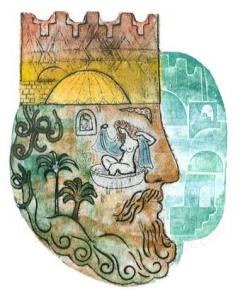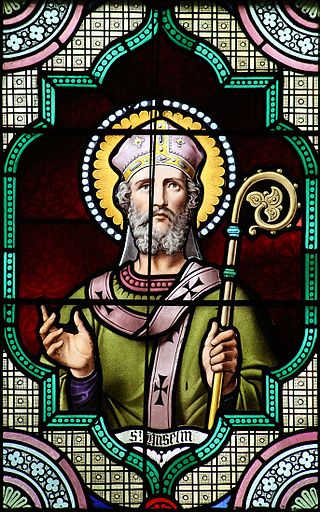As many of you know, I’ve been doing research on Christian dating books and their treatment of rape and sexual assault. One such book that I’ve been reading is the infamous I Kissed Dating Goodbye, by Joshua Harris.
In one section that I found interesting, Harris is explaining that “purity does not happen by accident. After telling the story of David and Bathsheba, and reminding us that protecting our purity is a constant process, Josh Harris goes on to explain the “seductive spirit of idolatry” as symbolized in the “wayward adultress” of Proverbs 7.
Harris never directly ties this “seductive spirit of idolatry” to Bathsheba, but in the context of this chapter–David, the object, being led astray by some outside force–it seems that Harris is saying the spirit of idolatry comes from Bathsheba. That she is the wayward adultress.
I’ve heard this argument before.
Once I took part in a Mother’s Day banquet at my church that involved the youth group putting on a small skit in which we acted as the mothers of famous women from the Bible.
I got to be Bathsheba’s mother. Joy.
Of course, my lines were something along the lines of “Leave some for the imagination, Bathsheba! Cover up! Don’t advertise what’s not for sale.”
When my mother saw these lines? She was furious.
Why?
Because King David might have been a rapist.
No matter how you look at it, this story is not about consensual sex between equals.
My mother ended up going on a rant about how King David was a pervert. And I ended up ad-libbing all of my lines the day of the skit and basically repeating my mom’s rant. Much to the horror of the church ladies who put the whole thing together, I’m sure.
Reading Harris’ book, and remembering that skit made me think about this. Why is Bathsheba demonized throughout much of Christianity as the embodiment of the “seductive spirit of idolatry?” This woman, who was simply washing up after her period ended, like all Jewish women did? This woman who was simply following God’s purity laws, while, unbeknownst to her, a powerful King watched from above? This woman who had…what choice when the men of a King famous for killing tens of thousands came knocking at her door?
As this fantastic article by Crystal Lewis points out, even conservative commentaries on the Bible recognize Bathsheba’s lack of agency, of options (emphasis mine):
The conservative editors wander close to the real issue when they write that Bathsheba’s refusal “could mean punishment or death”… They touch lightly on power abuse, on coercion, and on the terrible status occupied by women in scripture… But then, the editors back away from the real issues and turn this very complicated matter into something black-and-white. In their effort to determine which “sins” were committed, they target the victim. The editors found a way to assign culpability to a woman who barely spoke at all in the story.
Christians don’t like to talk about the fact that King David might have been a rapist.
That would mean admitting that being “a man after God’s own heart” doesn’t make you a good person. That would mean admitting that maybe the men that God “calls” to leadership aren’t always good people either.
That would mean admitting that maybe the women in the Bible didn’t have it so good. That would mean that, maybe “Biblical womanhood” that focuses on submission for women and ultimate power for men isn’t actually what is best for the world.
Maybe, admitting that King David might have been a rapist would mean admitting that if God’s desire for justice rolling down like waters is to be fulfilled, we need feminists and womanists fighting for this justice.
Yet, much of the church isn’t ready to admit any of this. So they keep the same tired old story in place. And we keep the same old stories in place for the other women of the Bible. For Esther and Ruth and Mary and the woman at the well.
So, as Jason Dye points out, power structures stay in place.
Justice is stopped up by the dams that these structures built and goes stale.
Stories that could expose gross corruption become tame morality tales that we tell our children at bed time. The Bible becomes a book of fairy tales and Christianity becomes nothing but the purchase of a one-way ticket to heaven.
We don’t talk about power. We don’t talk about oppression. And we sure as hell don’t talk about liberation (except for our ambiguous discussions of freedom from sin).
And what’s the point of that? What does that do for women? For rape victims? For the hurting and for the oppressed?
Nothing, really. And that’s the point.












